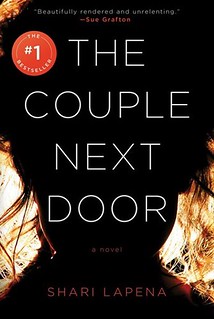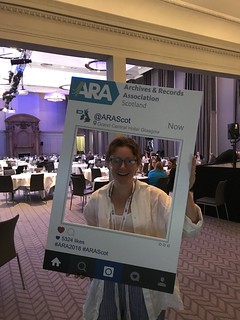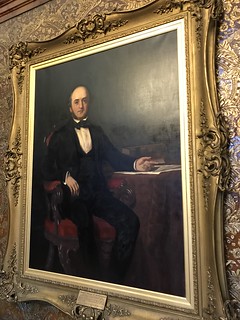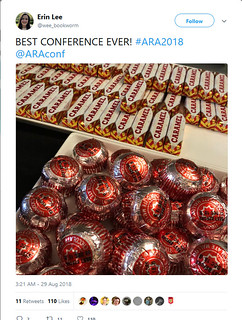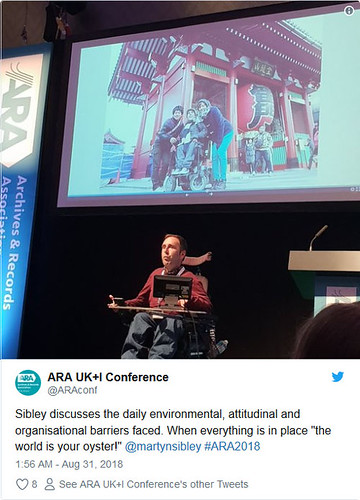
Name: Rebecca Gibson
Program: Nuclear Medicine Technology
What attracted you to becoming a Peer Tutor?
I used peer tutoring services for academic and emotional support as a first year student and found it super useful and wanted to give the same support to others as best I can. It’s also a good way to keep foundational info fresh in my mind.
How has working as a tutor helped you?
Keeps first year info fresh in my mind/memory. Teaches me new learning and study strategies which I can share with others and use in my own learning. Improves my communication skills and keeps me social. :o)
If you could give one piece of advice to a BCIT student what would it be?
There are so many resources available for students at BCIT – use them as much as you can. Eg. Counseling – FREE!, student advocates, peer tutoring, and your own classmates. Reaching out will make your own path to success easier. :o)
What would your dream job be when you leave BCIT?
Working full time as a nuclear med and MRI technologist.
If you had a free day, how would you spend it?
Sleep in, then go out for brunch with friends. Spend the afternoon outdoors. Eg. go for a hike, bike around the seawall, go kayaking. Finish the day with board games and relaxing at home.
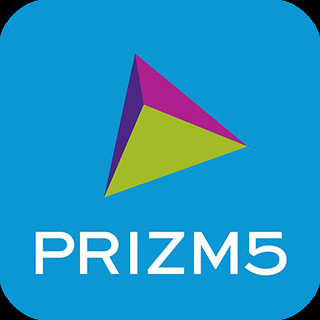

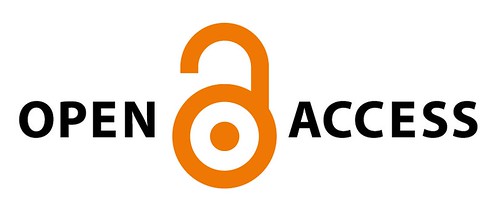


 Join us on Wednesday, October 24th, from 2:30pm – 3:30pm on the main floor of the Burnaby Campus Library for our first Author Talks with Alex Huntley.
Join us on Wednesday, October 24th, from 2:30pm – 3:30pm on the main floor of the Burnaby Campus Library for our first Author Talks with Alex Huntley. Alex Huntley is editor and television writer with The Beaverton. He is the co-author of The Beaverton Presents Glorious and/or Free: The True History of Canada. He will be speaking about satire writing, fake news, and his book. Sword swallowing demonstration and fireworks display inside library to follow.
Alex Huntley is editor and television writer with The Beaverton. He is the co-author of The Beaverton Presents Glorious and/or Free: The True History of Canada. He will be speaking about satire writing, fake news, and his book. Sword swallowing demonstration and fireworks display inside library to follow.